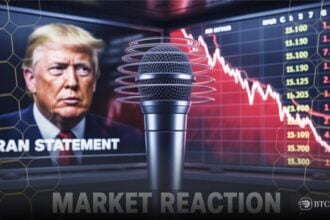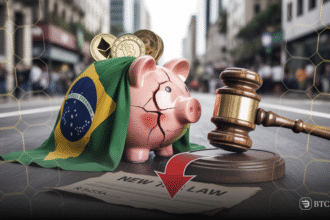A humongous crypto scam has emerged, with more than $50 million in losses across popular tokens such as SUI, NEAR, Axelar, and SEI. The scam was active for a few months unchecked on Telegram, targeting high-net-worth investors, including large venture capital organizations, crypto whales, and industry influencers.
Everything began in November 2024 when allegedly real Tier-1 OTC deals made an appearance in specific Telegram groups. Tokens like Aptos, SEI, and SWELL at up to 50% discount made up the offers.
A vesting time ranging anywhere from four to five months was guaranteed, and such initial deals were executed successfully. This instilled solid investor confidence, drawing even larger pools of capital from satisfied participants redepositing.
The scheme’s size had expanded significantly by February 2025. Other deals consisted of tokens such as Axelar, GRASS, and NEAR, at similar discount rates.
Investors streamed in, having been encouraged by past successful deals and having faith in the organizers’ reputation. In the shadow, though, loomed an emerging Ponzi scheme.
Telegram OTC scandal exposes Crypto risks
As early as May 2025, notable figures in the community, like Eman Abio in the SUI team and Lucian Mincu in MultiversX, began to raise red flags. They warned investors not to get involved in illegal Telegram OTC deals.
Despite such warnings, investors, in general, ignored such signs, trusting organizers’ ongoing profitability and growing popularity.
The latest token transaction in Fluid tokens occurred on 1st June 2025. Soon after this, token distributions suddenly stopped. Excuses about traveling, KYC issues, and exchange problems were received by victims.
On June 19, Aza Ventures, a major VC group, revealed that they had been scammed. They named “Source 1” as the operator behind the scheme, alleging he was using new funds to fulfill old deals.
Aza Ventures believes Source 1 to be Indian in nature and one of the founders of one of the projects in Binance. Research is ongoing in the community, wallet tracking is underway, and litigation is to follow.
The entire situation mirrors risks that come from unregulated trading and unchecked trust in centralizing platforms.







